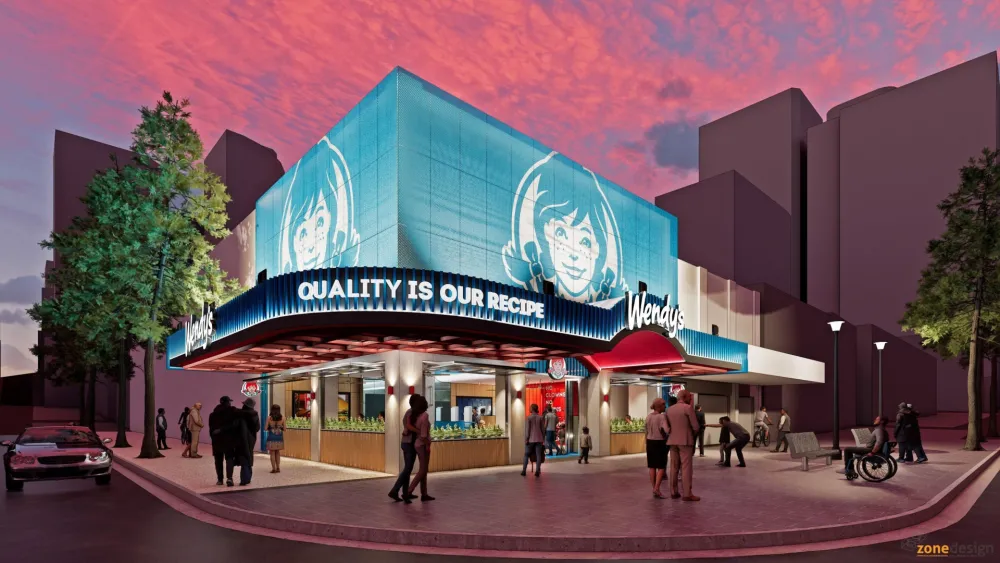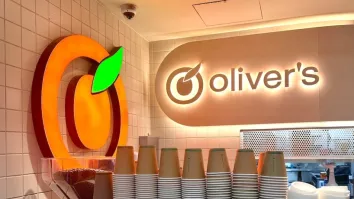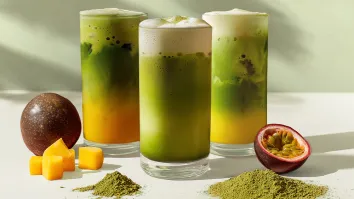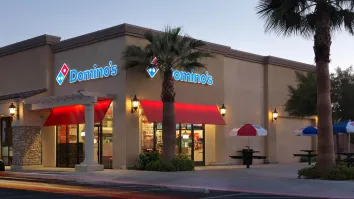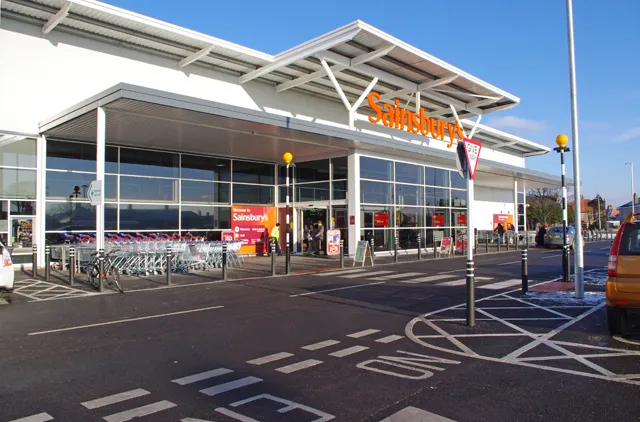
Can your QSR cope with more competition?
by Julia Illera, Research Analyst, Euromonitor International
Just as it seems that times are tough for QSR operators, there’s even more competition eyeing off its share of the Australian foodservice market.
As supermarket retailers Coles and Woolworths extend their long-term rivalry into foodservice, by launching concept stores in outlets across the main cities within Australia, consumers are offered an even more diverse range of fully-prepared food, semi-prepared food and food service operations.
The new formats allow shoppers to purchase freshly-prepared food including coffee, sushi, pizza, pies, sandwiches and juices.
Although formats vary depending on their location, the floor space of these new outlets includes a regular grocery section, a seating area and a fresh food area, which in most cases are operated through concessions.
For example, Coles’ sushi bar is prepared at the store by Sushi-Sushi, while the coffee bar is operated by Lavazza. Other supermarkets such as Harris Farm have also ventured into the foodservice arena by opening a coffee bar in some of its outlets operated by Campos Coffee.
In Australia, major demographic and consumer lifestyle changes have affected not only how consumers shop, but also where they choose to shop and eat their meals. Their hectic lifestyles means that they have less time to prepare meals at home and supermarkets are capitalising on this development by offering affordable and convenient meals. For instance, in June 2013, Woolworths opened a new store in Woolloomooloo, an inner Sydney suburb, which includes a smaller offering of groceries but a larger range of fresh food. According to Woolworths, the new store is “about inspiring meal ideas throughout the day, from a tasty takeaway breakfast treat to a wholesome and nutritious dinner”. The outlet has been attracting consumers that work in the area as they can stop for breakfast or just for coffee on their way to work.
Over the short- to mid-term, Australian supermarkets are expected to continue to roll out convenience-orientated consumer foodservice options, with these largely being operated through concessions. The successful initiatives already undertaken by Coles and Woolworths in this direction are likely to boost the importance of consumer foodservice through retail locations, while encouraging other retailers to introduce similar foodservice options within their outlets.
With supermarkets offering customers a convenient “one stop shop” experience, it is expected that supermarkets will emerge as notable players in the future. One potential obstacle is the stringent packaging and labelling requirements for food concessions for takeaway food sold from supermarkets; for example, unlike in cafés and other foodservice outlets, each food item needs to be individually wrapped and show its nutritional content.
For some foodservice operators within supermarkets, the costs of the required packaging and labelling of their food to be sold in the supermarkets might deter them from operating a concession, as packaging and particularly labels to include a nutritional table are not necessarily normal practice within supermarkets, as with sushi outlets.
For QSR operators finding themselves up against the supermarket giants, it’s worthwhile to consider that such foodservice ventures will be largely competing within the convenience store foodservice segment. Given that the major trends in food and beverage are currently fast casual and premiumisation respectively, QSR operators would be advised to leverage their ability to deliver a superior and/or unique offering of high-quality, fresh and authentic meals and snacks or a premium coffee experience.
